
How To Maximize Your Efficiency As A Filmmaker
One of the most difficult parts of being a professional filmmaker is effectively managing and budgeting your time.
Continue ReadingBy Kevin Graham
There has never been a better time for you to chase your passion and turn it into a reliable way to make a living. The utility of the internet, endless DIY resources for any task imaginable, and the hundreds of networking tools available to us have more than made this possible.
The difficulty lies in getting a tangible plan together, getting started, and just being willing to put in the work.
As someone who has found a way to turn my side gig (writing licensing music) into my main career, I’ve learned a lot of lessons about the process. And I think these lessons will translate to virtually any skill, regardless of industry or location.
I’ve consolidated what I’ve learned into 5 concrete pieces of advice, which will help you take that big next step towards spending more time doing the things that you love.
The single biggest thing you need to figure out is this:
“How can I leverage my skills and passions into value for others?”
Unless your unique skill is winning the lottery, you need to focus on creating a service or product that other people find value in, therefore turning them into customers, and providing income for your business.
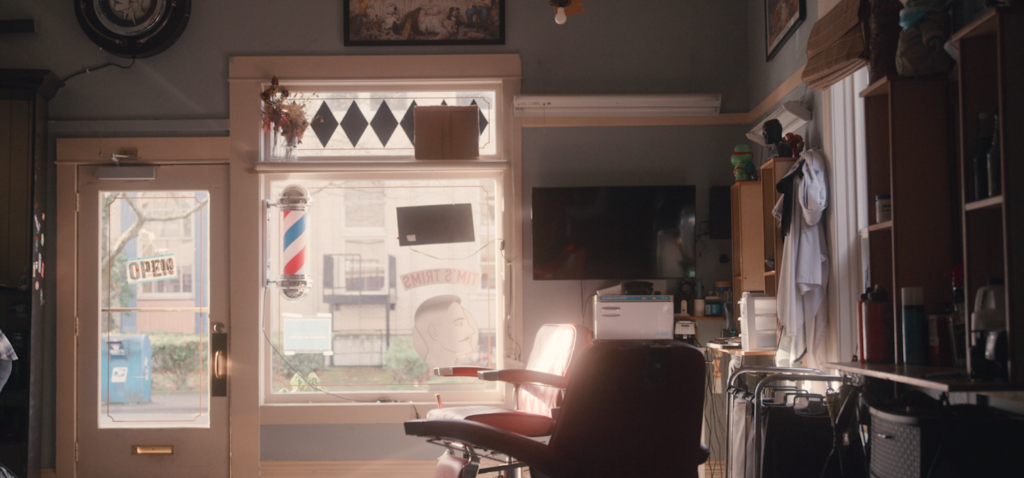
As soon as I understood the prevalence of music in every type of media, and how large the economy around stock music is, I focused all of my energy on building my skills towards that specific market.
Think of this as a Venn diagram; there are the things you’re capable of that you really enjoy doing, and then there are the things that you’re capable of that provide value to others. It’s the space where these two things overlap, no matter how wide or narrow, that you should be focusing 100% of your energy on.
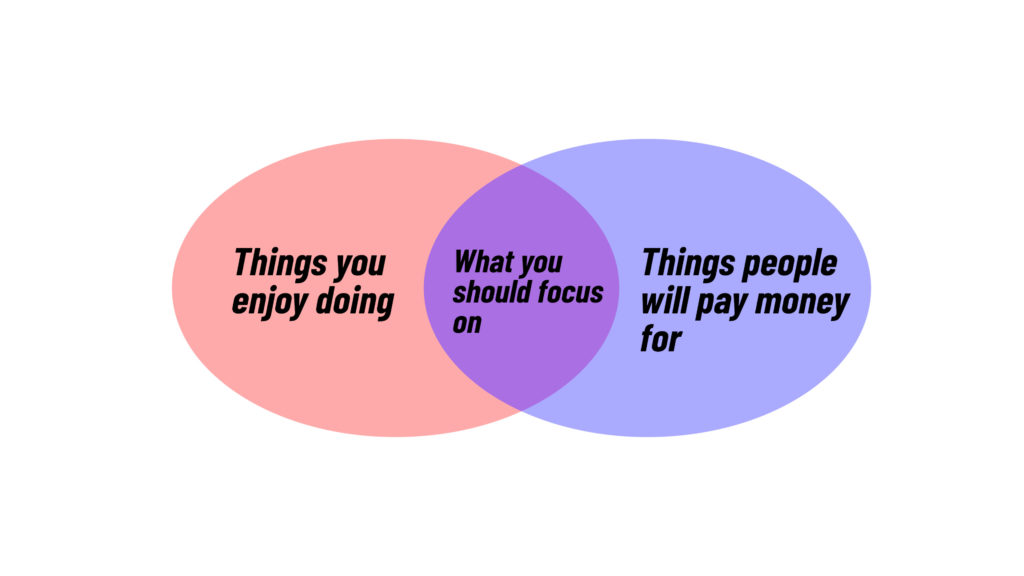
It’s also extremely important to ask yourself: “What am I truly looking to get out of this?”
Do you want to have flexible hours? Do you want to make as much money as possible regardless of work-life balance? Do you want to be able to work remotely? Do I want my business to generate passive income?
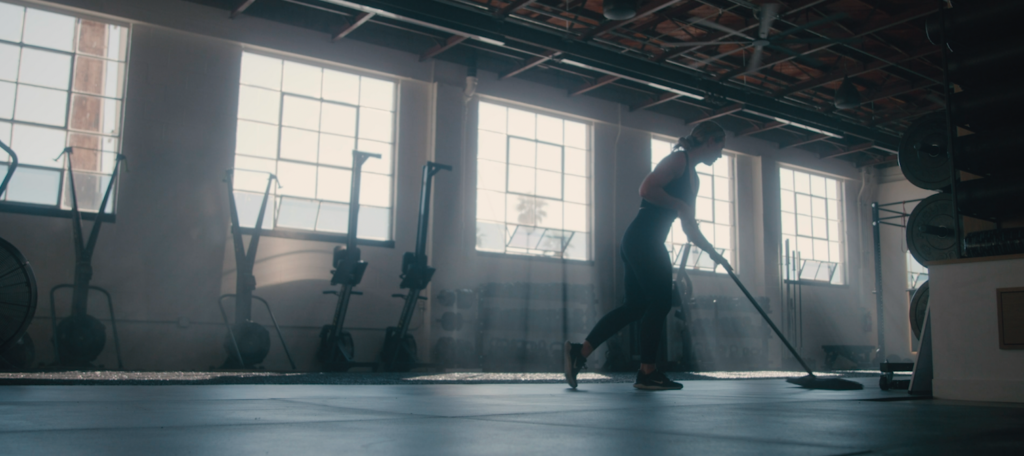
Identifying your goals at the very beginning will help you to avoid the headache of having to drastically scale your business up or down, because you found that it wasn’t delivering the lifestyle you envisioned.
This is especially helpful if you find that you have multiple avenues to choose from at the beginning; you can research each of them and determine which one is most likely to match up with your personal goals.
When I started out in the music industry, I actually wanted to be a session guitar player. But I quickly realized that this was not consistent with what I wanted to get out of my career (ability to live in a quiet rural area, flexibility to spend time with my family, etc.), so I redirected my energy into music composition.
The reason that so many new business ventures fail is because their founders try to do too much, too soon.
Taking a big leap of faith and putting all of your eggs into the same basket may very well work for some people, but it can often lead to stressful expectations, financial difficulties, and ultimately, a failed business venture.

If you have a skill that you want to monetize, try turning it into a consistent, profitable side gig before you hand in your two week notice at your day job.
And if you already have a side business that you want to take to the next level, maybe it’s best to gradually transition your time and effort over the course of 6-12 months, rather than overnight.
You’ll probably be working a lot during these transition phases, but this will allow you to learn the nuances of your new day-to-day responsibilities at a healthy pace, and afford you the ability to make mistakes and learn from them, rather than let them sink your new business.
Even though I could have probably made the jump sooner, I forced myself to wait until my music work was providing as much income as my “safe” day job before I switched. This allowed me the peace of mind to know that my new career would still provide enough income for me and my family.
There may be obvious things to pursue right off the bat; if you like designing and building craft items, then starting your own home decor business seems like a pretty good way to go. Or maybe you have a passion for cooking, so you open up your own food truck.
But for other types of skills, you may need to do some more research, and discover some opportunities that you might have not even known about.
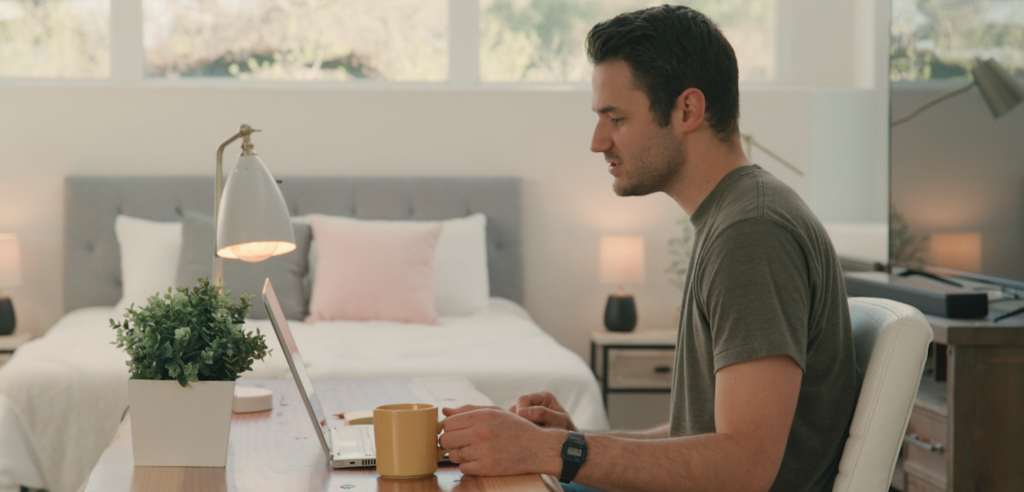
Maybe your path will lead you to a dream job that you didn’t even know you wanted!
When I was in college studying audio engineering and music production, for example, I had no idea that the world of music licensing even existed (probably because, at that time, affordable subscription-based stock music resources weren’t even around yet!).
In fact, even my day job as a video creator started because I was working as an audio engineer at a production company, and just ended up picking up video organically.
Your skill may not lead you exactly to where you thought it would, but it might instead bring you into a job or industry that you had never even thought of (and you may end up liking even better).
So as long as you can keep an open mind and be ready to jump on every available opportunity, you’ll put yourself in the best possible position to truly love what you do.
This is probably the hardest of these tips to implement, and it is one that I struggle with every day. But the simple fact is that when you merge your hobbies with your business, it is only natural for them to feel less like passions and more like work.
This is ok! But it is important to recognize this and set boundaries for yourself and how far you’re willing to let things go.
Maybe you need to take time to occasionally experiment and expand on your skill, with no business strings attached. Or maybe sometimes you need to just take some time off completely, so you can come back with a renewed sense of energy.
Sometimes, I just need to write a song or album that comes straight from my soul. It may not be the most practical or useful for video, but it allows me that creative release and more often than not, allows me to expand my skill set and be better at my job.
Because if you end up not truly enjoying what you’re doing, then what was the point of making the switch in the first place?

There is no single correct path to take when it comes to turning a side gig into a main gig.
But if you follow these tips and take the time to truly plan out your vision and build your new career thoughtfully, you will only be setting yourself up for success.
Kevin is the Music Director and Lead Composer at Filmpac.

One of the most difficult parts of being a professional filmmaker is effectively managing and budgeting your time.
Continue Reading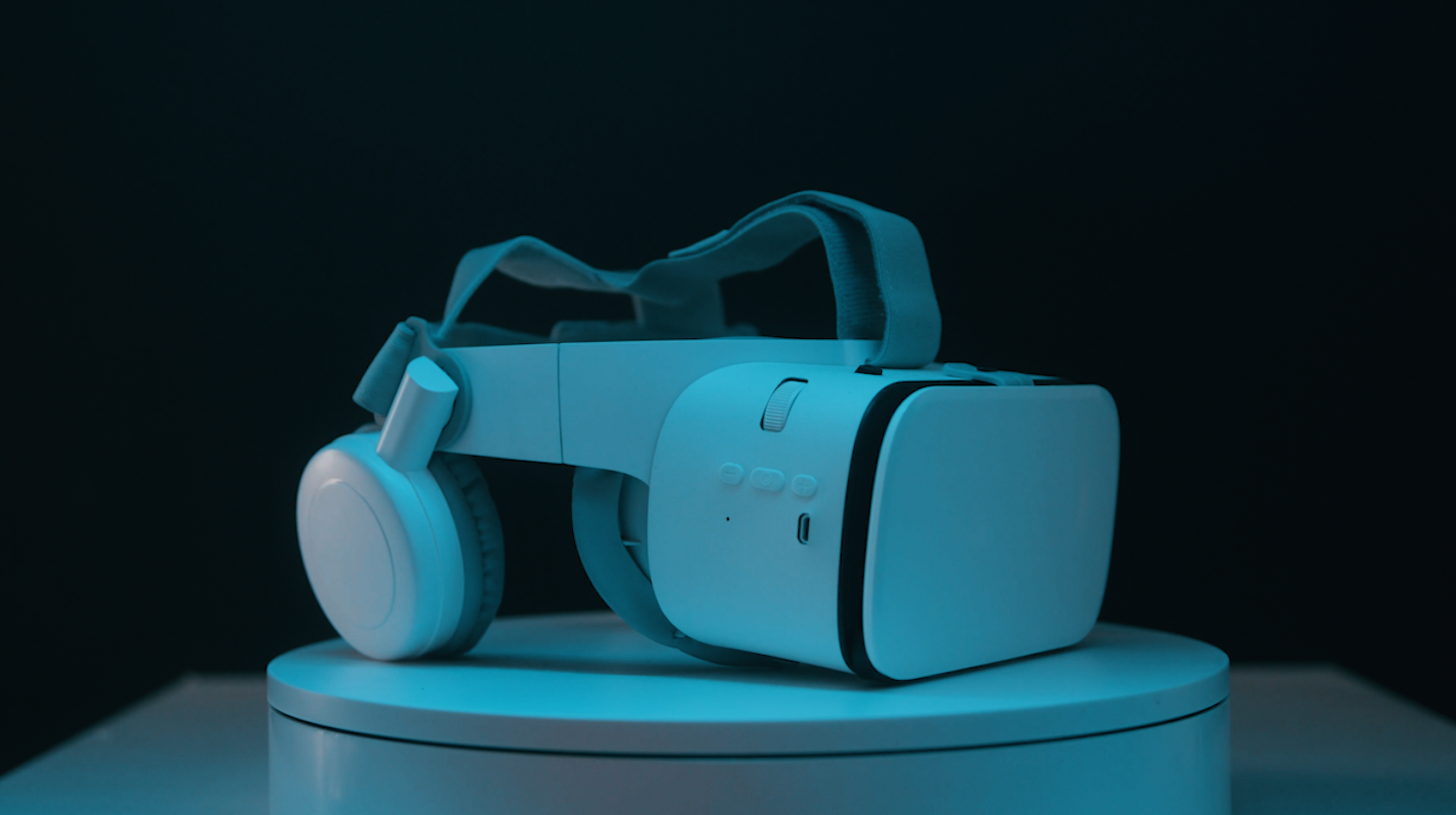
Virtual reality could be the biggest shift in the way we consume our content since the proliferation of the smartphone.
Continue Reading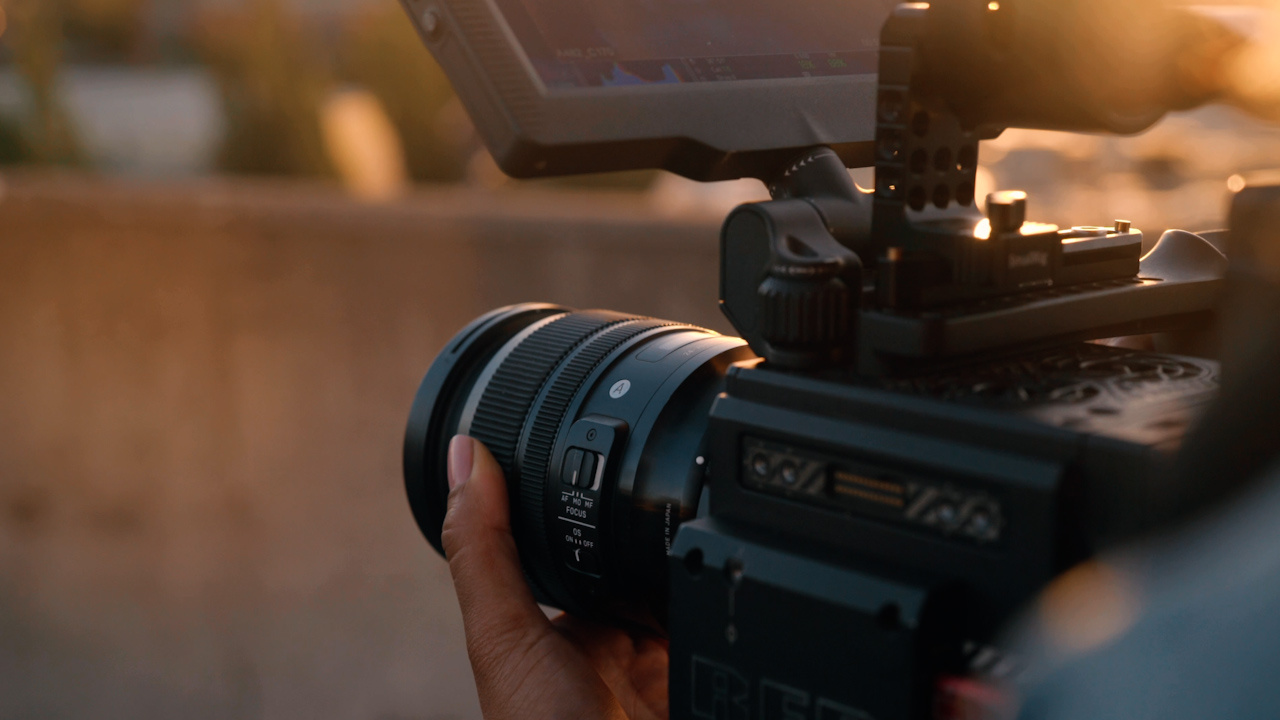
Will iPhone cameras ever actually replace high-quality digital cameras, or is that just more fear-mongering on the internet?
Continue Reading
Things move fast in the current video content production world, in terms of both trends and available technology. So where is 8k video?
Continue Reading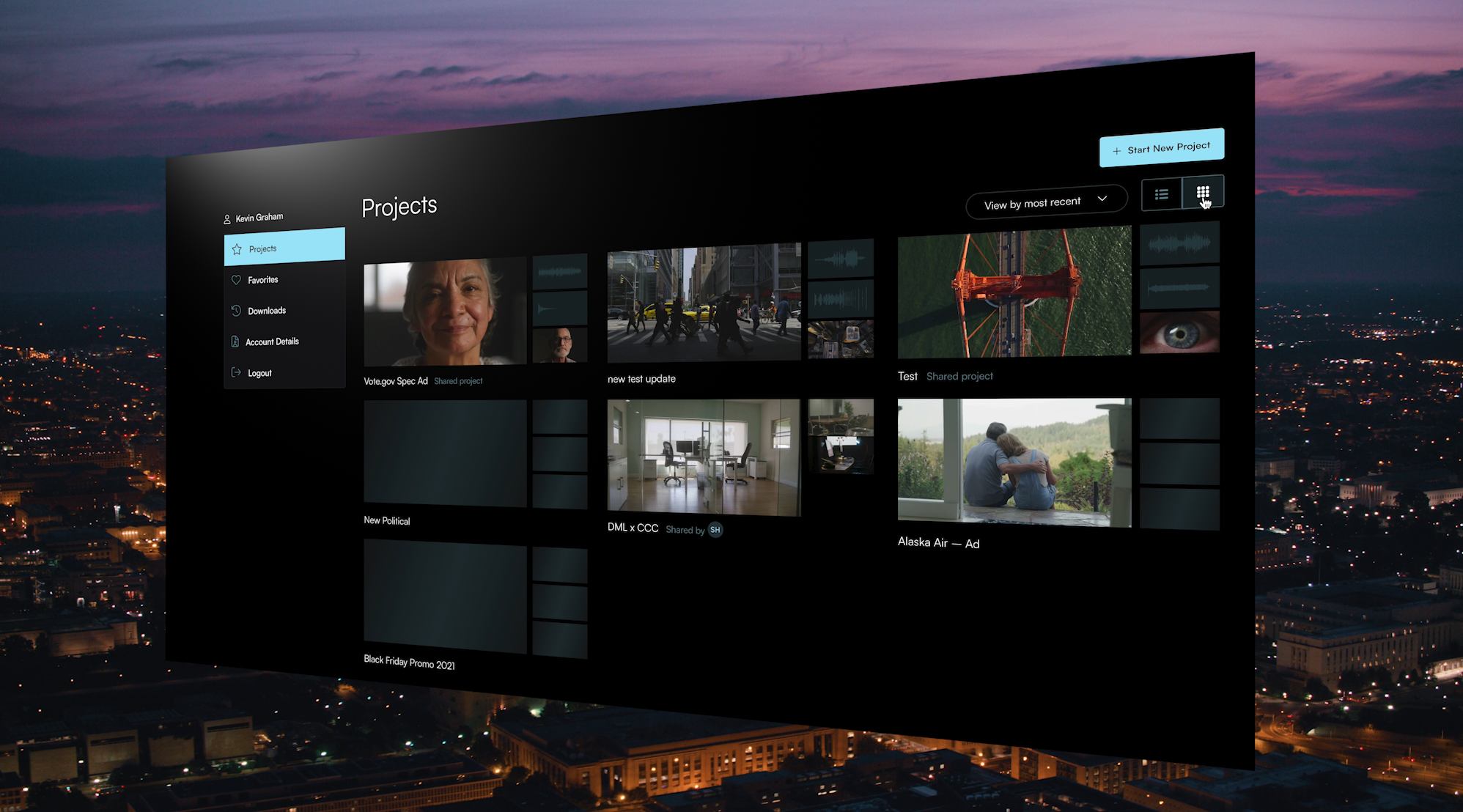
Filmpac’s newly-designed Project Feature is a powerful tool for collaborative video editing. Here’s a quick rundown of how it works.
Continue Reading

One of the most difficult parts of being a professional filmmaker is effectively managing and budgeting your time.
Continue Reading
Want to make money selling footage through a major stock footage platform like Filmpac? This page will walk you through the processs.
Continue Reading